

2018-11-07 08:30:00 Wed ET
technology social safety nets education infrastructure health insurance health care medical care medication vaccine social security pension deposit insurance
PwC releases a new study of top innovators worldwide as of November 2018. This study assesses the top 1,000 global companies that spend the most on R&D year-to-date. The total R&D expenditures surge to $782 billion by a hefty margin of 11% from 2017. This increase almost triples the recent rise from 2016 to 2017. In fact, this acceleration takes place in several high-tech industries such as Internet search, e-commerce, artificial intelligence, big data, autonomous transport, semiconductor innovation, cloud software, mobile connectivity, and medicine. The top innovators include Amazon, Alphabet, Volkswagen, Samsung, Intel, Microsoft, Apple, Roche, Johnson & Johnson, and Merck.
U.S. public corporations are the biggest R&D spenders and account for about half of total R&D expenditures. Chinese tech firms experience the fastest R&D capital growth, and this upward trend reaches 34% in contrast to an 8% average increase for the U.S. counterparts. As of November 2018, Chinese firms represent 145 of the top 1,000 world-class R&D innovators. R&D capital investments indicate the relative degree of firm commitment to future productivity gains. These productivity gains arise from deep customer-centric insights, talent acquisitions, and rigorous business processes. As R&D investments bring about new patents, trademarks, and copyrights, intellectual properties serve as competitive moats and advantages that tech titans enjoy in stark contrast to less tech-savvy traditional firms.
If any of our AYA Analytica financial health memos (FHM), blog posts, ebooks, newsletters, and notifications etc, or any other form of online content curation, involves potential copyright concerns, please feel free to contact us at service@ayafintech.network so that we can remove relevant content in response to any such request within a reasonable time frame.
2017-01-23 09:30:00 Monday ET
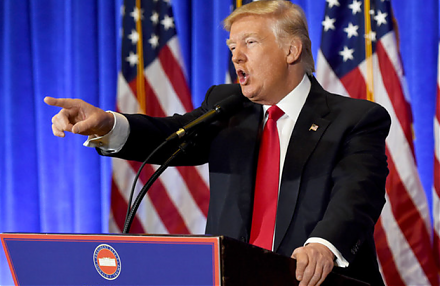
There are several highlights from the first news conference after Trump's presidential election victory: The Trump administration will repeal-and-
2018-07-27 10:35:00 Friday ET
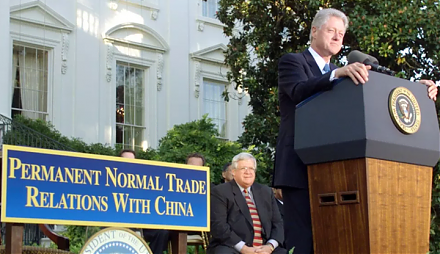
Admitting China to the World Trade Organization (WTO) and other international activities seems ineffective in imparting economic freedom and democracy to th
2018-10-09 08:40:00 Tuesday ET

The International Monetary Fund (IMF) appoints Harvard professor Gita Gopinath as its chief economist. Gopinath follows her PhD advisor and trailblazer Kenn
2019-04-26 09:33:00 Friday ET
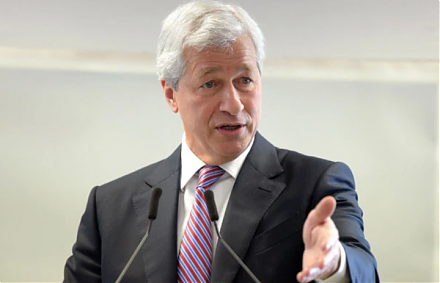
JPMorgan Chase CEO Jamie Dimon defends capitalism in his recent annual letter to shareholders. As Dimon explains here, socialism inevitably produces stagnat
2018-06-25 12:43:00 Monday ET
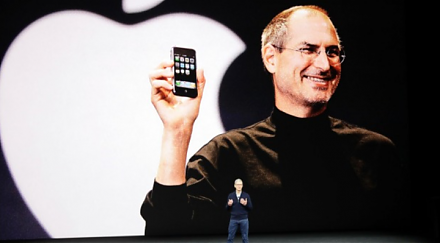
Apple and Samsung are the archrivals for the title of the world's top smart phone maker. The recent patent lawsuit settlement between Apple and Samsung
2023-08-31 10:22:00 Thursday ET
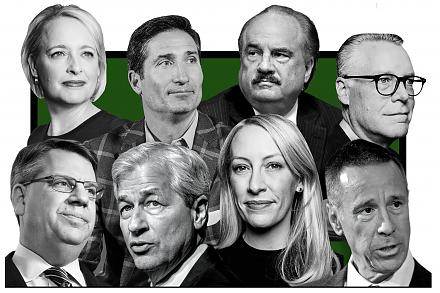
Government intervention remains a major influence over global trade, finance, and technology. Nowadays, many governments tend to eschew common ownership